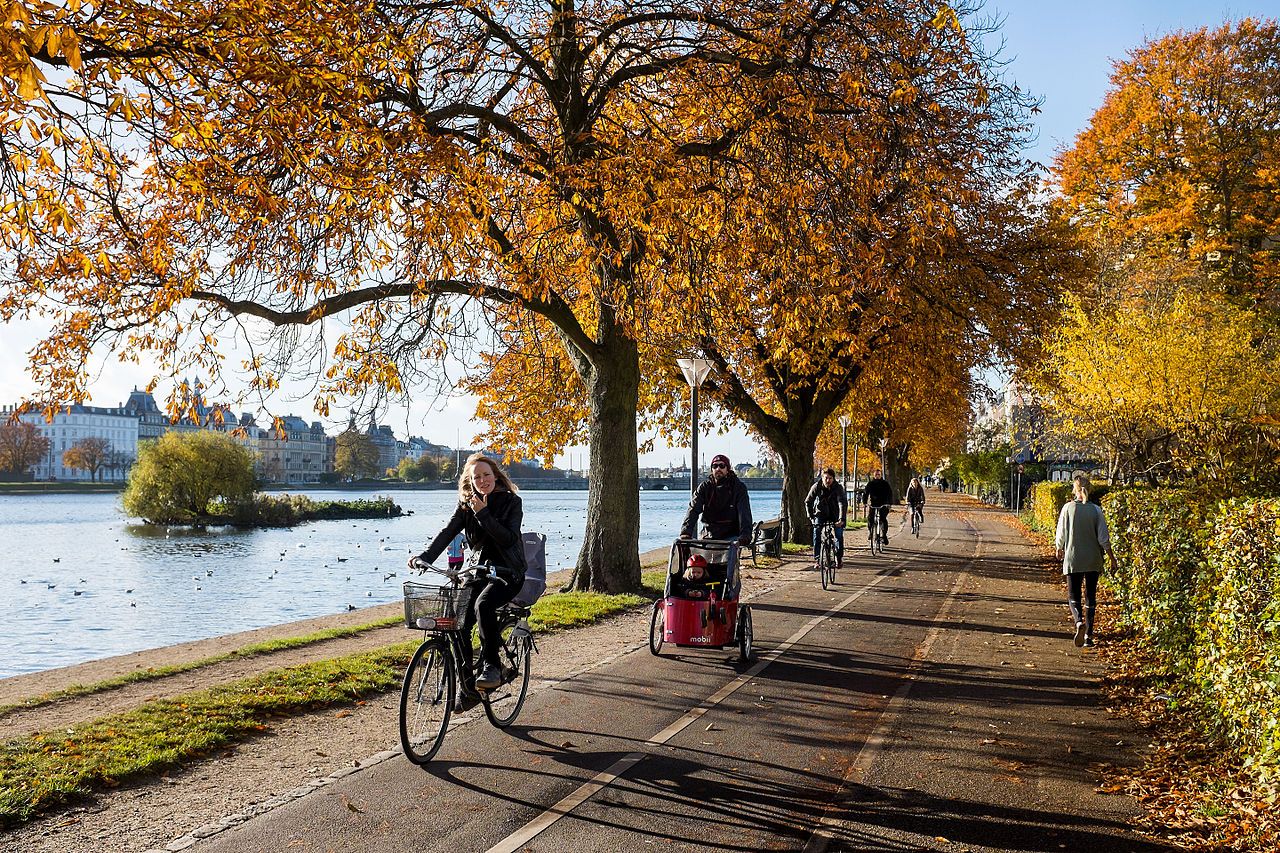The Lakes have always been a magnet for Copenhageners. From lounging about in the summer months, to chilly walks and feeding the birds during winter, it’s a hive of activity.
In recent years, the number of people spending time by the Lakes has nearly doubled from 6,400 to 12,033 per day from 2010 to 2014. As a result, the rubbish building up in and around the lakes has soared.
“It’s due to the rising levels of socialising outdoors,” Bianka Saarnak, a spokesperson with the technical and environment department at Copenhagen Municipality, told Metroxpress newspaper.
“Today, people sit along the Lakes drinking wine and eating food – they didn’t do that as much five years ago. The trash increase is a problem for the entire city.”
READ MORE: Copenhagen looking to curb its nightlife’s noise and rubbish
Big events play role
In 2014, 60 tonnes of rubbish were collected in and near the Lakes, and that figure shot up to 98.5 tonnes in 2015. A similar amount is expected for 2016.
More large events by the Lakes, such as Distortion and New Year’s Eve, has also yielded loads of empty pizza boxes, crisps/chips packets and beer cans.
Saarnak said that rising trash levels haven’t prompted the municipality to take concrete steps to reduce the rubbish levels, but there are plans to get Copenhageners to use the wastebins more.
“It’s lovely that people are using the city, but it’s a shame that citizens don’t feel more of a responsibility when it comes to leaving the city space clean when they leave.”















